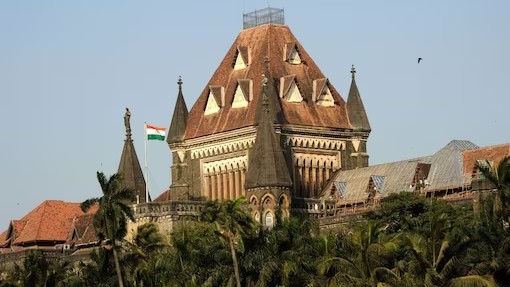Mumbai: The Bombay High Court has dismissed a petition filed by an MBBS-aspirant, a Maharashtra domicile and MBBS graduate from Christian Medical College (CMC), Vellore, challenging the State’s NEET-PG 2024 admission policy for postgraduate medical courses. The court upheld the validity of the provisions governing the State Quota, ruling them “reasonable, rational, justifiable and constitutionally valid”.
The court also noted that the petition by Anna Mathew was nothing but a form of “chance litigation” to gamble through litigation, a prospect of widening the scope for admission when competing with other candidates.
“We say nothing beyond noticing the deep sense of entitlement at every stage of choice being made in the course of the journey with education at premium institutions,” a bench of Justices BP Colabawalla and Somasekhar Sunderesan said on november 27. The detailed order was uploaded late Monday evening.
Mathew contended that Rule 8.2 and 8.3 of the NEET-PG 2024 guidelines, which determine eligibility for the State Quota, were discriminatory and violated Article 14 of the Constitution. Her plea contended that despite being domiciled in Maharashtra, her MBBS degree from Tamil Nadu excluded her from the State Quota.
According to the policy, candidates with MBBS degrees from colleges in Maharashtra qualify for the State Quota irrespective of domicile. Additionally, Maharashtra-domiciled candidates who graduate from government medical colleges or Central institutions like AIIMS through the All-India Quota are also eligible. However, Mathew secured admission to CMC Vellore in 2016 under its Christian minority quota, not through the All-India Quota.
The petitioner claimed the provisions were arbitrary as CMC Vellore is a highly-ranked institution, comparable to AIIMS, and should not be excluded. However, the court found no merit in her argument, noting that CMC Vellore did admit students through the All-India Quota in 2016. The petitioner “consciously” chose an alternative admission route, fully aware it could affect her future eligibility for the State Quota, the judges added.
The court emphasized that the policy’s objective to balance domicile with merit was reasonable. “There is nothing unreasonable or discriminatory in the policy choice, which relates to a sub-class of candidates under the State Quota,” it stated.
Highlighting that Mathew had already secured admission to an MD (Pediatrics) course at Mumbai’s Seth G.S. Medical College through the All-India Quota, the court termed the petition a “chance litigation” aimed at expanding her options beyond what was legitimately available.
“Every perceived hardship arising out of a policy does not render it unconstitutional,” the bench remarked, adding that judicial review must avoid intervening in reasonable policy decisions.
The court declined to impose costs on the petitioner, considering her status as a student. However, it underscored the importance of accepting the consequences of one’s educational choices. The petition was accordingly dismissed.
